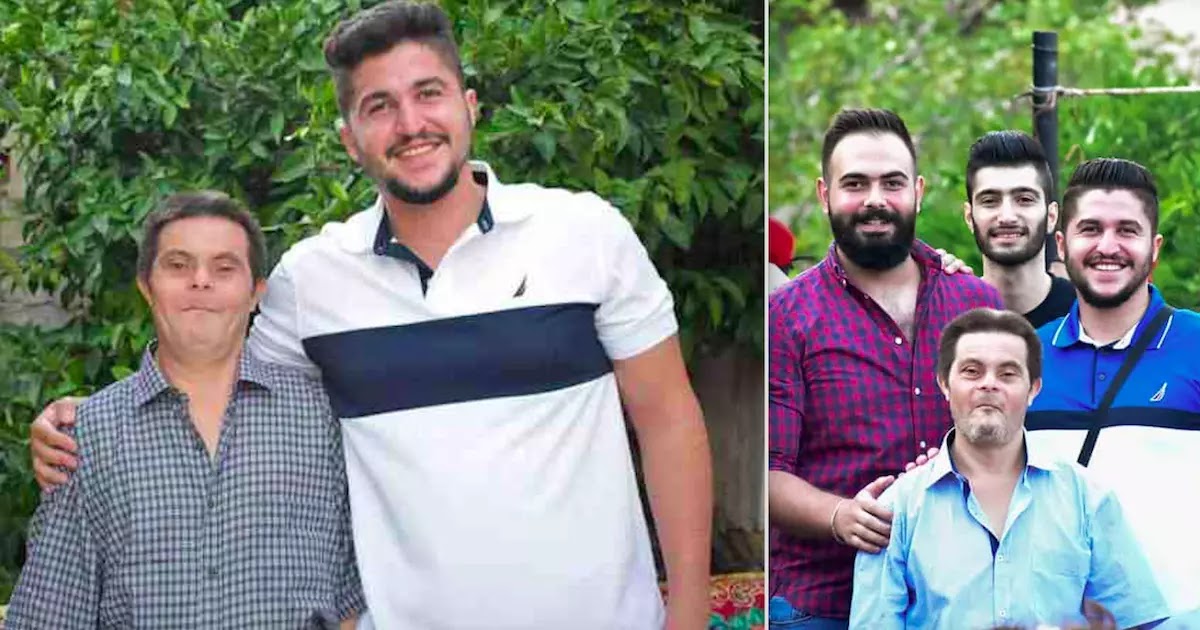
A dentistry student in Syria has spoken about how he was raised by a father with Down's Syndrome and why society should not judge the parenting abilities of people with different needs and conditions.
Sader Issa, who is a dentistry student in Syria, spoke to the Syrian Society for Social Development, in a heart-warming video, in which he says he had a normal childhood and was continually supported despite his father's own difficulties.
He says in the video:
"I'm proud of my father. Throughout my life he has been the greatest support for me when I needed it. It's possible to see when his eyes are filled with joy and satisfaction as if to express: yes, I have Down syndrome, but I raised this man and did everything in my power to make him become a doctor and help others."
Adding:
"We wish all people were able to accept that being different is not something to be ashamed of. People with Down Syndrome are different but they have feelings, aspirations, a mind of their own, and they are capable of living a normal life when there is social acceptance and a society that is supportive."
It is fairly uncommon for people with Down's syndrome to have children as many are infertile, however, it is not impossible and Sader has several brothers. Many people with the condition have cognitive and learning difficulties but this is not necessarily passed on to any children they do have. While life expectancy was previously in the 20s for people with the condition, this has now risen to over 60. Many are now living full lives, gaining an education and employment.
The number of people with Down's Syndrome in Western countries has fallen dramatically in the last few decades with a prenatal test being available to screen for the disease, and many of the children being terminated before birth.
The National Down Syndrome Congress (NDSC) states:
"People with Down Syndrome are more alike their typical peers than they are different. They take longer to reach milestones when they are young, but they reach them! They have feelings and emotions and they want to be treated with respect. People with DS are living great lives!"
Based on reporting by: Positive Outlooks]












COMMENTS